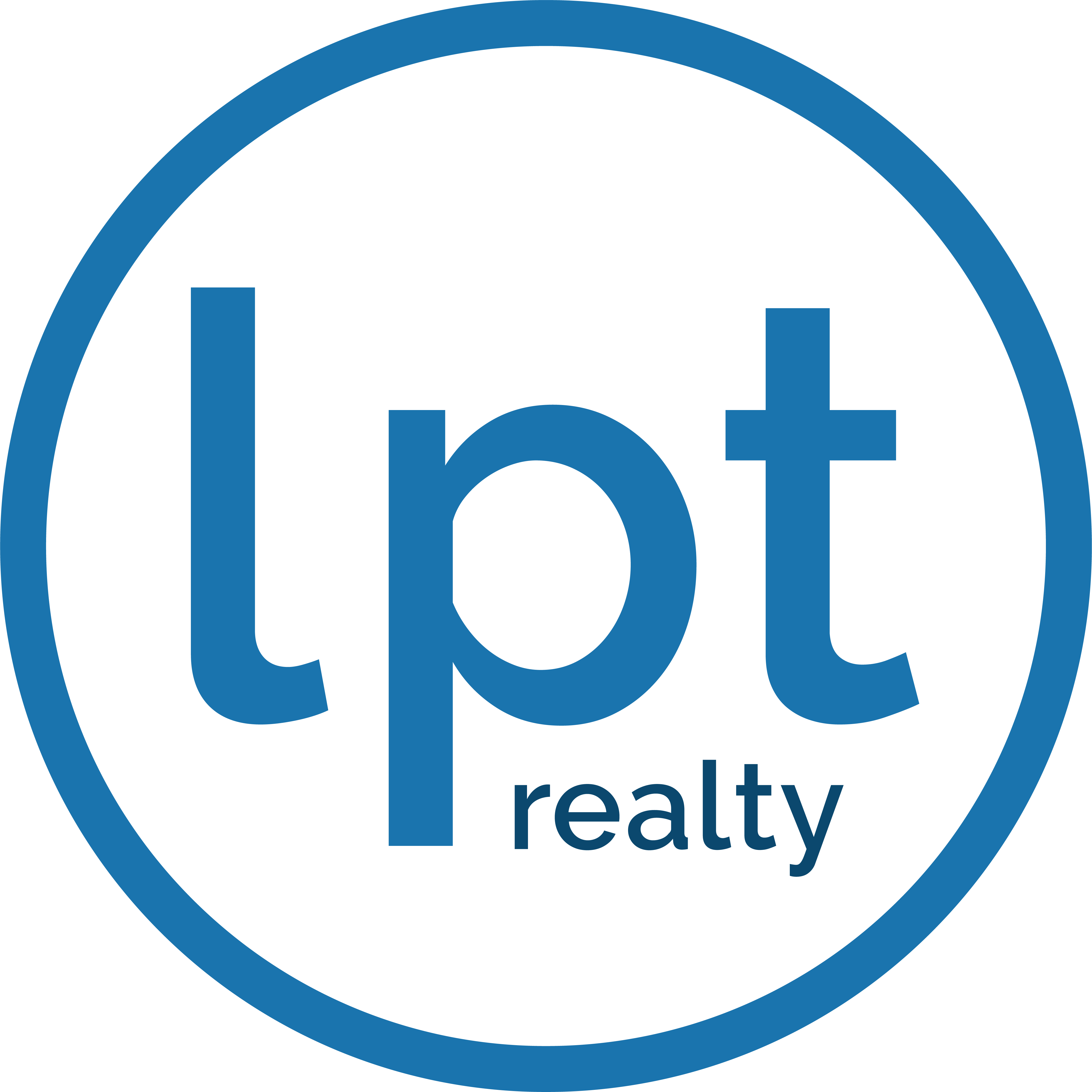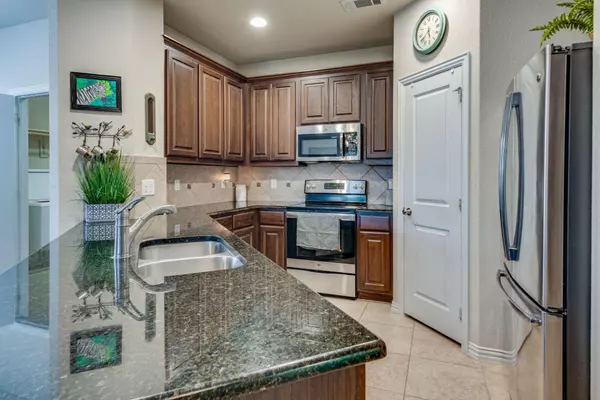Your Guide to Buying a Home Simplified

Your Guide to Buying a Home Simplified
The home buying process can seem overwhelming, but with the right guidance, it can be simplified. This guide will break down the process into manageable steps, providing essential tips and advice for buying a home. From preparing your finances to finding the right mortgage, this guide will help you navigate the home buying journey with confidence.
Key Takeaways:
- Buying a home is a significant decision that requires careful consideration.
- Preparing your finances and getting preapproved for a mortgage are crucial steps.
- Create a wish list and consider factors like location, safety, amenities, and budget.
- Explore different mortgage options and find the one that suits your needs.
- Consult with a reliable real estate agent throughout the process.
Getting Ready to Buy a Home
Before you start the process of buying a home, it's important to ensure that you're emotionally and financially ready. Consider your goals for the next few years, whether you're buying with a partner, the possibility of relocating for work, and starting a family. These factors can impact the decision of whether it's the right time to buy a house.
- Emotionally ready to buy a house: Evaluate your readiness to take on the responsibilities of homeownership and the commitment it entails. Owning a home requires stability, as it becomes a long-term investment.
- Financial readiness: Assess your financial situation, including your savings, income, and debt. Ensure you have a stable source of income and a solid financial foundation to support homeownership.
- Goals for the next few years: Determine your goals and aspirations for the future. Consider whether buying a home aligns with your plans and if it will help you achieve your long-term objectives.
- Buying with a partner: If you're purchasing a home with a partner, discuss your shared goals and financial situation. It's crucial to be on the same page and have a clear understanding of each other's expectations.
- Relocation for work: If there's a possibility of relocating for work in the near future, weigh the pros and cons of buying a home. Consider the potential impact on your career and the feasibility of managing a property from a distance.
- Starting a family: If you're planning to start a family, think about the size of the home you'll need and the location that would be suitable for raising children. Consider factors such as proximity to schools, parks, and other amenities.
- Pros and cons of buying a house: Evaluate the advantages and disadvantages of homeownership. Owning a house provides stability, equity building, and the freedom to customize your space. However, it also comes with additional responsibilities, such as maintenance and potential financial risks.
By considering these factors, you can determine if you're emotionally and financially ready to take the leap into homeownership.
| Pros of Buying a House | Cons of Buying a House |
|---|---|
| 1. Stability and long-term investment | 1. Additional responsibilities and maintenance costs |
| 2. Equity building and potential financial gains | 2. Potential financial risks, such as market fluctuations |
| 3. Freedom to customize and personalize your space | 3. Limited flexibility, as selling a house can take time |
Getting Your Finances in Order
Before you embark on the journey of buying a home, it's crucial to ensure that your finances are in order. Understanding your budget, managing debts, and improving your credit score are vital steps to set yourself up for a successful home purchase.
Calculating Home Affordability
To determine how much house you can afford, use a home affordability calculator. This tool takes into account your income, debts, location, and desired down payment to estimate a realistic budget. Knowing your affordability will guide your search and prevent you from overextending financially.
Budgeting for a Home Purchase
Budgeting plays a significant role in preparing for a home purchase. Evaluate your current financial situation, including your income, expenses, and savings. Set a realistic budget that allows for comfortably covering your monthly mortgage payments along with other homeownership costs such as property taxes, insurance, and maintenance.
Managing Debts
Prioritize paying off high-interest debts and reducing outstanding balances. Lenders consider your debt-to-income ratio when determining your mortgage eligibility and interest rates. Lowering your debt burden improves your chances of qualifying for favorable mortgage terms and ensures you can afford your monthly obligations.
Checking Your Credit Score
Your credit score plays a crucial role in your mortgage options. Lenders use it to assess your creditworthiness and determine the interest rate you qualify for. Check your credit score through reputable credit reporting agencies and address any errors or discrepancies. Additionally, focus on improving your credit score by making timely payments and keeping credit utilization low.
Exploring Mortgage Options
There are various mortgage options available, and it's essential to explore them to find the right one for your needs. Common options include conventional loans, FHA loans, VA loans, and jumbo loans. Evaluate the benefits and requirements of each loan type to determine which best aligns with your financial goals.
Improving Your Credit Score
If your credit score needs improvement, take steps to enhance it before applying for a mortgage. Pay bills on time, reduce credit utilization, and refrain from opening new credit accounts. Over time, these efforts will help increase your creditworthiness and open doors to better mortgage offers.
By taking the necessary steps to get your finances in order, you'll be in a strong position to secure a mortgage that suits your needs and purchase the home of your dreams.
Creating a Wish List
Creating a wish list for your future home is an exciting part of the homebuying process. Before you begin your search, take some time to consider the must-haves for your ideal house. Whether you envision a detached house or an attached unit, it's important to know what you're looking for in terms of location, safety, amenities, costs, and school district. Additionally, you'll need to decide if you want a move-in ready home or if you're open to the challenge of a fixer-upper.
When creating your wish list, think about the features that are essential for your lifestyle. Do you require multiple bedrooms or a home office? Are you looking for a spacious backyard or a community with shared amenities? Prioritize what matters most to you and your family.
| Must-Haves for a House | Detached House or Attached Unit | Ideal Location | Safety | Amenities | Costs | School District | Move-In Ready or Fixer-Upper |
|---|---|---|---|---|---|---|---|
|
|
|
|
|
|
|
|
By having a clear wish list, you can streamline your search and focus on finding the perfect home that meets your needs and preferences. Keep in mind that it's rare to find a property that ticks every box, so be prepared to prioritize your wish list items and be open to compromises. Remember, your dream home may be just around the corner!


Finding the Right Mortgage
Finding the right mortgage is essential for a successful home purchase. With the variety of mortgage options available, it's important to explore different types to determine the best fit for your needs. Let's take a closer look at the types of mortgages and other key considerations.
Types of Mortgages
When it comes to mortgages, there are several options to choose from:
- Conventional Loans
- FHA Loans
- VA Loans
- Jumbo Loans
- Renovation Loans
Each type of mortgage has its own unique features and benefits. Conventional loans are traditional mortgages offered by banks and other lenders. They typically require a higher credit score and a larger down payment. On the other hand, FHA loans are backed by the Federal Housing Administration and often have lower down payment requirements, making them more accessible for first-time homebuyers. VA loans are available to eligible veterans and offer competitive interest rates and flexible terms. Jumbo loans are designed for luxury properties or homes in high-cost areas. Renovation loans provide funding for home improvements and repairs.
Fixed-Rate vs Adjustable-Rate Mortgage
Another important consideration when choosing a mortgage is deciding between a fixed-rate and an adjustable-rate mortgage (ARM). A fixed-rate mortgage offers a stable interest rate throughout the loan term, providing predictability and consistency in monthly payments. On the other hand, an adjustable-rate mortgage has an interest rate that can change over time, typically starting with a lower rate that adjusts periodically. ARMs can be beneficial if you plan to sell or refinance the property before the rate adjusts.
Mortgage Term
Choosing the right mortgage term is also crucial. A shorter term, such as a 15-year mortgage, typically offers a lower interest rate but higher monthly payments. This option allows you to pay off your mortgage faster and save on interest over time. A longer term, such as a 30-year mortgage, spreads out payments over a longer period, resulting in lower monthly payments but higher interest costs over the life of the loan. Consider your financial goals and budget when deciding on the most suitable mortgage term.
| Mortgage Type | Key Features |
|---|---|
| Conventional Loans | Offered by banks and lenders |
| FHA Loans | Backed by the Federal Housing Administration |
| VA Loans | Available to eligible veterans |
| Jumbo Loans | Designed for luxury properties or high-cost areas |
| Renovation Loans | Provide funding for home improvements |
Getting Preapproved for a Mortgage
Getting preapproved for a mortgage is an important step in the homebuying process. It gives you a clear idea of how much you can afford to spend on a home and shows sellers that you are a serious buyer. To successfully navigate this stage, here are some key steps to follow:
- Choose a lender: Start by researching and selecting a reputable lender that offers the type of loan you are interested in. Consider factors such as their interest rates, customer service, and loan options.
- Compare rates and closing costs: Request loan estimates from different lenders to compare interest rates and closing costs. This will help you find the best mortgage terms that align with your financial goals.
- Get preapproved: Once you've chosen a lender, provide all the necessary documentation, such as proof of income, bank statements, and your credit history. The lender will review your financial information and issue a preapproval letter stating the maximum loan amount you qualify for.
- Obtain a preapproval letter: A preapproval letter is a valuable tool when making an offer on a home. It shows sellers that you are a serious buyer and have the financial ability to purchase the property. This can give you a competitive edge in a hot real estate market.
- Find a reliable real estate agent: Working with a knowledgeable real estate agent can greatly simplify your home search. They can help you navigate the market, negotiate with sellers, and provide valuable insights throughout the buying process.
By following these steps, you can make the most of your mortgage preapproval and increase your chances of finding the right home at the right price. Remember, getting preapproved is a crucial step that sets the foundation for a smooth homebuying journey.


Considerations Before You Buy
Before you make the important decision to buy a home, it's crucial to take certain factors and considerations into account. Taking the time to evaluate these aspects will help ensure that you make the best choice for your long-term goals and financial stability.
1. Determine the Type of Home
Start by determining the type of home that suits your needs and preferences. Are you looking for a single-family house, a townhome, or a condominium? Consider factors like space, privacy, and maintenance responsibilities to choose the right type of home for you.
2. Define Specific Features
Make a list of specific features that you desire in a home. Do you need a certain number of bedrooms or bathrooms? Are you looking for a backyard or a garage? Prioritizing these features will help you narrow down your search and find a home that meets your requirements.
3. Understand Mortgage Qualification
Before you start house hunting, it's important to understand your mortgage qualification. This involves evaluating your credit score, income, and debt-to-income ratio. A higher credit score and stable income will increase your chances of qualifying for a mortgage with favorable terms.
4. Consider Affordability
Assess your affordability by considering your monthly budget, income, and projected expenses. Use online tools and calculators to estimate your mortgage payments, property taxes, and homeowners' insurance. It's crucial to ensure that the cost of homeownership aligns with your financial situation.
5. Evaluate Your Savings
Take stock of your savings to determine how much you can comfortably put towards a down payment and cover closing costs. A larger down payment can help reduce your monthly mortgage payments and potentially eliminate the need for private mortgage insurance (PMI).
6. Seek Help in Your Search
Buying a home can be a complex process, and having the guidance of a real estate agent can be invaluable. They can help you navigate the market, find suitable properties, negotiate offers, and ensure a smooth transaction. Consider reaching out to a trusted real estate professional for assistance.
"A real estate agent can provide expert advice, help you understand the local market, and streamline your home search process."
By considering these key factors before buying a home, you'll be able to make informed decisions and find a property that meets your long-term goals and financial capabilities.
| Considerations Before You Buy | Description |
|---|---|
| 1. Determine the Type of Home | Decide on the type of home that suits your needs. |
| 2. Define Specific Features | Create a list of specific features you desire in a home. |
| 3. Understand Mortgage Qualification | Evaluate your credit score and financial eligibility for a mortgage. |
| 4. Consider Affordability | Analyze your budget to determine if homeownership is affordable. |
| 5. Evaluate Your Savings | Assess your savings to determine the down payment amount. |
| 6. Seek Help in Your Search | Engage the services of a real estate agent for guidance. |
Conclusion
Buying a home is an exciting and significant milestone in life, but it can also be a complex process. This simplified guide has provided essential tips and steps to help you navigate the home buying journey with confidence. By following these guidelines, you can make informed decisions and ensure a smooth transition into your new home.
Throughout this guide, we have emphasized the importance of understanding the home buying process. From getting your finances in order to creating a wish list and finding the right mortgage, each step plays a crucial role in your home buying success. Taking the time to plan and prepare will ultimately save you time, money, and stress.
Remember that buying a home is more than just a financial investment; it's also an investment in your future. Consider your long-term goals, prioritize your needs and wants, and seek assistance from professionals such as real estate agents and lenders. These experts can provide valuable advice and guidance to help you find the perfect home that aligns with your vision and budget.
With this simplified guide, you are now equipped with the knowledge and tools necessary to embark on your home buying journey. Congratulations on taking this exciting step towards homeownership. Happy house hunting!
FAQ
Do I need to be emotionally ready to buy a house?
Yes, it's important to consider your goals for the next few years, whether you're buying with a partner, the possibility of relocating for work, and starting a family. These factors can impact the decision of whether it's the right time to buy a house.
How can I get my finances in order before buying a home?
Use a home affordability calculator to determine your budget based on your income, debts, location, and desired down payment. Check your credit score and explore mortgage options based on your credit. If your credit score needs improvement, take steps to enhance it before applying for a mortgage.
What should I consider when creating a wish list for my future home?
Consider whether you prefer a detached house or an attached unit, the ideal location in terms of safety, amenities, costs, and school district. Decide if you want a move-in ready home or if you're open to the challenge of a fixer-upper.
What types of mortgages should I explore when buying a home?
Explore different types of mortgages such as conventional loans, FHA loans, VA loans, jumbo loans, and renovation loans. Consider whether you prefer a fixed-rate or adjustable-rate mortgage and choose the mortgage term that suits your financial goals.
Why is getting preapproved for a mortgage important?
Getting preapproved for a mortgage is an important step in the homebuying process. Choose a lender that offers the type of loan you want and compare rates and closing costs. Get preapproved with a lender to determine your budget and obtain a preapproval letter that can give you an edge in the competitive housing market. Also, find a reliable real estate agent to assist you in finding the right home.
What should I consider before buying a home?
Before you buy a home, consider your long-term goals and how homeownership fits in with those plans. Determine the type of home that suits your needs and the specific features you desire. Understand your mortgage qualification and affordability. Assess your savings for the down payment and closing costs. Seek help from a real estate agent to guide you in your search.
Categories
Recent Posts

"Molly's job is to find and attract mastery-based agents to the office, protect the culture, and make sure everyone is happy! "







